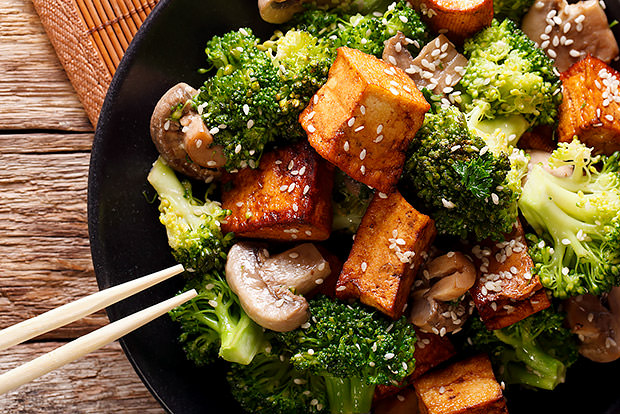
Protein is necessary for building muscle and for healthy function of cells throughout the body. It is recommended that adults get 10-35 percent of their daily calories from protein. That’s 50 to 175 grams for a person eating 2,000 calories per day. Whether you are a meat eater or a vegetarian, you can find plenty of high quality protein options to meet your daily need.
Complete vs. Incomplete Proteins
Proteins are made up of amino acids. The body can produce some of the amino acids it needs, but it must obtain essential amino acids from food. When a food contains all nine of the essential amino acids, it is called a complete protein. Animal-based foods such as meat, milk, and eggs are complete proteins. There are a few plant-based complete proteins such as soybeans and quinoa.
The majority of plant foods provide incomplete proteins. This means that they are without at least one of the essential amino acids, or they contain such a low amount that it would be difficult to meet nutrition guidelines for that amino acid without an unrealistic number of servings. This doesn’t mean you can’t get all of the amino acids you need with a vegetarian eating style. The key is to eat plant protein from multiple sources. Research has shown that by eating a variety of plant foods throughout the day, you consume different amino-acids that will be used to form complete proteins.
Animal-based Protein Sources
Many foods from animal sources supply a significant amount of complete protein.
- Canned tuna (2 ounces) - 13 grams
- Chicken breast (4 ounces) - 35 grams
- Cottage Cheese, low-fat (½ cup) - 12 grams
- Cow milk, low-fat (8 ounces) - 9.7 grams
- Eggs (1 large) - 6.3 grams
- Goat milk, low-fat (8 ounces) - 7.4 grams
- Greek yogurt, non-fat, plain (1 cup) - 22 grams
- Tilapia (4 ounces) - 21 grams
- Turkey breast (4 ounces) - 32.6 grams
- Wild salmon (3 ounces) - 22 grams
Plant-based Protein Sources
There are many plant sources for quality protein. Eat a variety of plant foods throughout the day to get all of the essential amino acids the body needs.
- Almond butter (2 tbsp) - 7 grams
- Chickpeas (1 cup) - 11.9 grams
- Edamame (1 cup) - 26 grams
- Lentils (1 cup) - 17.9 grams
- Peanuts (¼ cup) - 8.6 grams
- Pistachios (¼ cup) - 6 grams
- Quinoa (1 cup) - 6 grams
- Soba (buckwheat) noodles (1 cup) - 5.8 grams
- Soy milk (8 ounces) - 6 grams
- Split peas (1 cup) - 16.4 grams
- Firm tofu (3 oz) - 8 grams
Sources



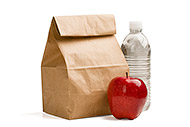 3 Healthy Lunches for Your Work Week
3 Healthy Lunches for Your Work Week
 5 Tips for Stretching Your Budget for Healthy Food
5 Tips for Stretching Your Budget for Healthy Food
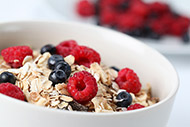 Best Ways to Reduce Added Sugar
Best Ways to Reduce Added Sugar
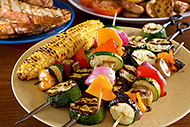 Healthy Tips to Lighten Up Picnic Foods
Healthy Tips to Lighten Up Picnic Foods
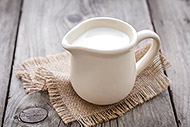 Do You Need to Drink Milk?
Do You Need to Drink Milk?
 Tips to Keep Track of Water Intake
Tips to Keep Track of Water Intake
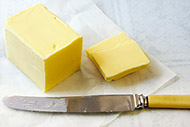 Butter vs. Margarine: What’s the Best Choice?
Butter vs. Margarine: What’s the Best Choice?
 Find Your Healthy Eating Style
Find Your Healthy Eating Style

 Pinterest
Pinterest RSS Feed
RSS Feed